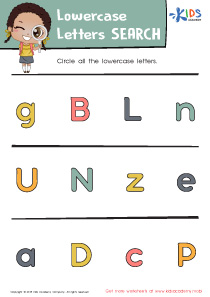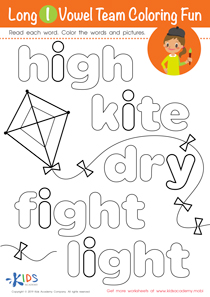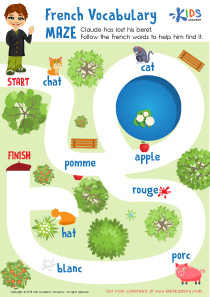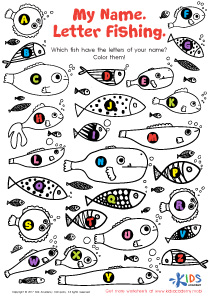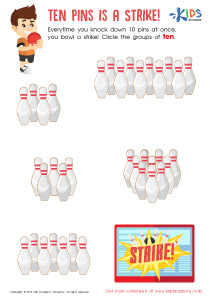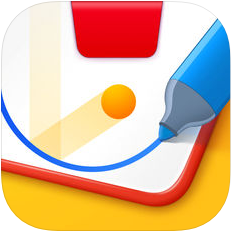Science Lessons | Changes for Ages 4-6
4 results
Discover the magical world of transformations with our "Changes for Ages 4-6" series! Designed specifically for curious young minds, these interactive lessons bring the concept of change to life. Through engaging worksheets, captivating educational videos, and fun assessment quizzes, children will explore various types of changes in their surroundings and themselves. Perfect for kids aged 4 to 6, our lessons are crafted to spark curiosity, encourage exploration, and build foundational knowledge in a playful and supportive environment. Dive into the adventure of change with us and watch your child's understanding and wonder grow!
Understanding the concept of change is fundamental for young learners, and our specialized lessons on "Changes for Ages 4-6" are meticulously designed to guide children through this essential learning journey. These lessons are not only structured to align with the developmental stages of children in this age group but are also crafted to stimulate their curiosity, encourage their questioning minds, and enhance their comprehension of the world around them.
The "Changes for Ages 4-6" lessons are an amalgamation of interactive worksheets, engaging educational videos, and assessment quizzes all tailored to make the learning process both effective and enjoyable. These components are carefully curated to help children grasp the concept of changes that occur in nature, in their immediate environment, and within themselves.
Interactive worksheets serve as the backbone of our lessons. They are designed to engage children in hands-on activities that encourage them to explore and understand the concept of change. These worksheets are not only fun but are also educational, offering a perfect balance between learning and play. Through activities such as matching before and after scenarios, sequencing events to understand processes, or identifying changes in seasons, children develop a keen eye for observation and a foundational understanding of how changes occur over time and space.
Educational videos add a dynamic layer to our lessons. These videos are crafted with captivating animations and narratives that children find relatable and intriguing. By visually representing concepts of change, such as the life cycle of a butterfly or the transformation of a seed into a plant, these videos help solidify children's understanding of the subject. The audio-visual aspect of learning through videos caters to various learning styles, ensuring that every child finds a connection to the material being taught.
Assessment quizzes, though designed to be child-friendly and non-intimidating, play a crucial role in reinforcing the learning objectives of our "Changes for Ages 4-6" lessons. These quizzes provide immediate feedback, helping children and their educators gauge understanding and retention of the concept. The quizzes are also a valuable tool for parents and teachers to identify areas where a child might need additional support or practice.
Our "Changes for Ages 4-6" lessons also emphasize the development of critical thinking and problem-solving skills. By engaging with the material, children learn not only to observe and identify changes but also to predict and reason why these changes happen. This approach nurtures a scientific temperament from an early age, laying a solid foundation for future learning.
Furthermore, our lessons are designed to be inclusive and accessible, ensuring that children from various backgrounds and with different learning abilities can benefit from them. The interactive nature of the worksheets, combined with the visual and auditory elements of the videos, ensures that every child feels included and is able to participate actively in their learning process.
In conclusion, our "Changes for Ages 4-6" lessons offer a comprehensive and engaging way for young learners to understand the concept of change. By leveraging interactive worksheets, educational videos, and assessment quizzes, these lessons not only teach children about changes in a fun and engaging way but also equip them with critical thinking and problem-solving skills that are essential for their academic journey and beyond.
